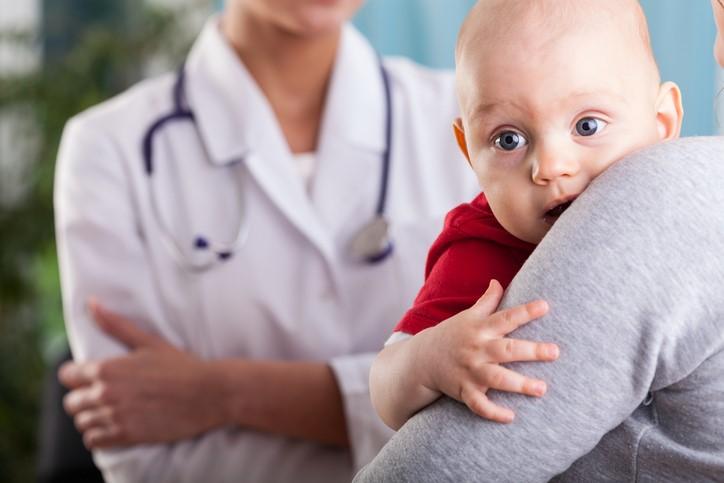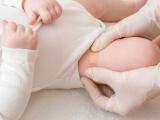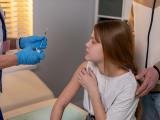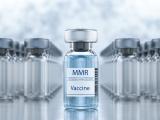An autism diagnosis seems to make parents less likely to continue with childhood vaccination, not only for the child who was diagnosed, but also for their younger siblings, making both groups vulnerable to a host of preventable infectious diseases, researchers reported today.
Though scientists have strongly ruled out vaccines as a cause of autism, misperceptions and suspicions persist, creating pockets of undervaccinated children that give preventable diseases such as measles a foothold to start spreading again. The findings from a large retrospective cohort study appeared today in an early online edition of JAMA Pediatrics.
Uptake markedly lower in ASD families
The study took place at six sites that participate in the US Centers for Disease Control and Prevention's (CDC's) Vaccine Safety Datalink: five Kaiser Permanente locations in four states and the Marshfield Clinic in Wisconsin. Its main goals were to see if children with autism spectrum disorder (ASD) and their siblings received the rest of the vaccines recommended by the CDC Advisory Committee on Immunization Practices (ACIP), compared with children without ASD and their siblings.
The researchers studied 3,729 children with autism spectrum disorders who were diagnosed by age 5 and were born from Jan 1, 1995, to Sep 30, 2010. The team also examined vaccination patterns in 592,907 children without ASD, including age-matched controls of the children with ASD and younger siblings who were born from Jan 1, 1997, to Sep 30, 2014.
Overall, the researchers found that vaccine uptake was high, but following an ASD diagnosis, children—including siblings of those with ASD—were less likely to be vaccinated.
Of children age 7 years and older, 94% of those without an ASD diagnosis got all their recommended vaccines between ages 4 to 6, compared with 82% of kids who had been diagnosed with an ASD. When the researchers looked at uptake of the measles, mumps, and rubella (MMR) vaccine, they found that 96% of those without ASD had been vaccinated, compared with 84% of children with ASD.
When the investigators compared the siblings of children with ASD to siblings of kids without ASD, they also found that the proportion who were fully vaccinated was lower in those who had a brother or sister with ASD. For vaccines recommended between 1 and 11 months, 73% of younger siblings of kids with ASD were vaccinated, compared with 85% of siblings of those without ASD.
The team noted that the highest undervaccination rates were in siblings of kid with ASD who were in two age-groups—1 to 11 months and 1 to 2 years—hinting that some parents consider the risks greatest at younger ages when more vaccines are recommended.
"However, as these children grow older, these parents may be more willing to vaccinate," the authors wrote.
Rethinking strategies on vaccine hesitancy
Frank DeStefano, MD, MPH, a study coauthor who is with the CDC's Immunization Safety Office, said in a Kaiser Permanente press release that numerous studies have found no association between childhood vaccination and the incidence of ASD. "Nonetheless, this new study suggests that many children with autism and their younger siblings are not being fully vaccinated," he added.
"We need to better understand how to improve vaccination levels in children with autism spectrum disorder and their siblings, so they can be fully protected against vaccine-preventable diseases," DeStefano said.
In conclusion, the authors said they don't know all factors that contribute to undervaccination in children with ASD, but the results suggest that parental vaccine refusal could play a role, which may mean that current strategies for battling vaccine hesitancy haven't been effective for parents of children with ASD.
"New strategies, including establishing or promoting a better dialogue among parents, healthcare professionals, and public health authorities, may be needed to increase vaccine update in population with low uptake," they wrote.
See also:
Mar 26 JAMA Pediatr abstract
Mar 26 Kaiser Permanente press release





















